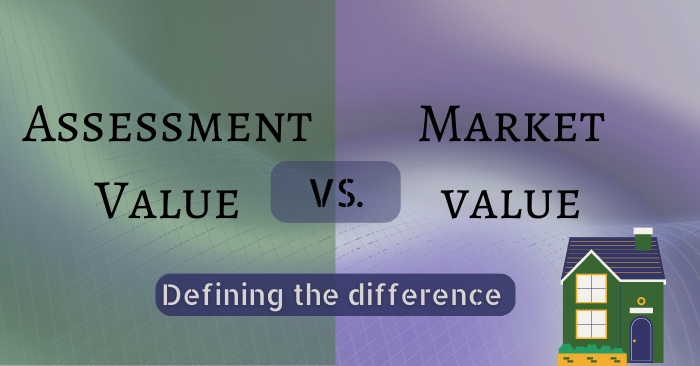Step 1: Know the Base Tax Rate
In California, the standard property tax rate is:
1% of the assessed value of the property
This base rate is set by the state and applies to all counties.
Step 2: Understand Assessed Value vs. Market Value
The assessed value of your home may be different from its market value .
- Assessed value is determined by the county assessor
- It’s typically based on the purchase price
- Under Proposition 13 , the assessed value can only increase by up to 2% per year , regardless of market changes
Example: If you bought a home for $500,000, your initial assessed value is $500,000. Even if the home’s market value rises to $700,000, your assessed value increases gradually (by up to 2% annually).

Step 3: Add Local Assessments and Fees
In addition to the 1% base tax, you may also pay:
- Special assessments for local improvements (e.g., street lights, sewer lines)
- Mello-Roos taxes for infrastructure or community services in newer developments
- School district bonds or voter-approved levies
These additional charges vary by location and appear as line items on your tax bill.
Step 4: Use the Full Formula to Calculate Your Tax
Here’s the full formula:
Total Real Estate Tax = (Assessed Value × 1%) + Special Assessments + Other Fees
Example Calculation:
| Item | Amount |
|---|---|
| Assessed Value | $500,000 |
| Base Tax (1%) | $5,000 |
| Mello-Roos Assessment | $800 |
| School Bond Fee | $300 |
| Total Annual Property Tax | $6,100 |
Step 5: Check Your County Tax Collector’s Website
Each county publishes property tax calculators and tools online.
Visit your county tax collector’s website for:
- Estimated tax rates
- Online calculators
- Payment schedules

FAQs
Q: What is the average property tax rate in California?
A: The base rate is 1% , but with added fees and assessments, the effective rate is usually between 1.1% and 1.6% of assessed value.
Q: Are property taxes deductible on federal taxes?
A: Yes, under current tax law, you may deduct up to $10,000 in property taxes annually (subject to IRS rules).
Q: When are property taxes due in California?
A: Two installments:
- First installment : Due November 1, delinquent after December 10
- Second installment : Due February 1, delinquent after April 10
Q: Can property taxes increase every year?
A: Yes, but under Proposition 13, the assessed value (and therefore base tax) can increase by no more than 2% per year unless the property is sold.
Q: What happens if I don’t pay my property taxes?
A: Your property may be subject to a tax lien or foreclosure sale after one year of delinquency.
Join The Discussion